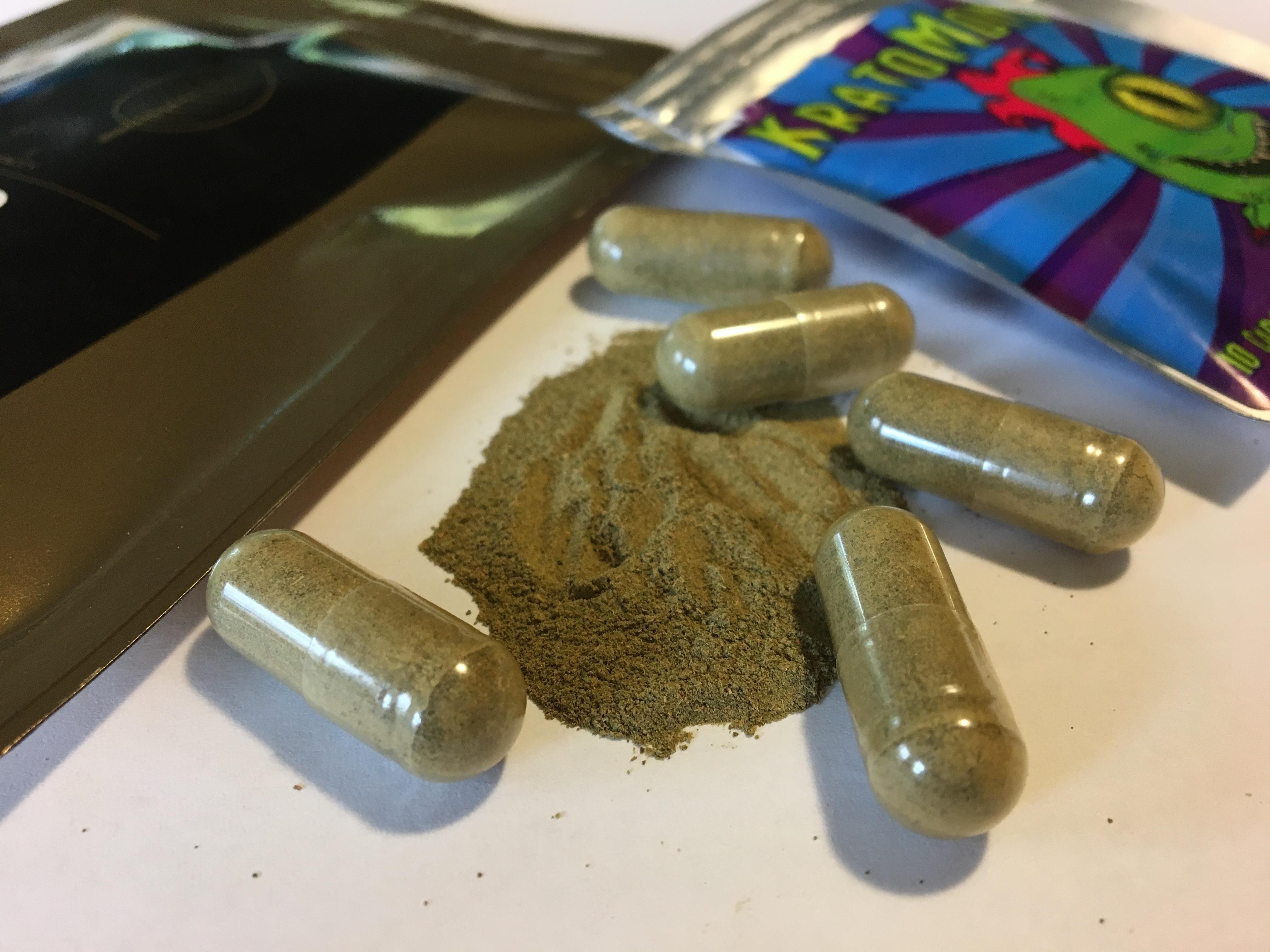A tropical tree native to southeast Asia, Kratom leaves have been used for thousands of years for both stimulant and sedative effects.
More recently in the United States, Kratom's popularity has skyrocketed, largely as a self-treatment for pain and anxiety and depression, as well as reducing the symptoms associated with opioid withdrawal.
According to a 2021 Food and Drug Administration study, roughly 1.7 million Americans use the herbal substance annually for at least one of those purposes.
Despite that, the drug has yet to receive any official approval from the Food and Drug Administration as a medical treatment, and the Drug Enforcement Administration has listed it as a drug and chemical of concern.
But according to a joint study analyzing the retail availability of Kratom, conducted jointly by the Universities of Mississippi and North Texas, nearly 75% of smoke shops and gas stations nationwide sell the substance anyway, in some cases even in states where Kratom bans are in place.
“Kratom kind of still has that fog around it,” said Andrew Yockey, an assistant professor of public health at the University of Mississippi and co-author of the study. “There's been some other instances where Kratom has been used to alleviate pain management or health problems. But more research really needs to be done into the uses and really the epidemiology of Kratom use,” he said.
Known negative side effects of ingesting the substance, whether through chewing its leaves, taking capsules or smoking, include nausea, possible psychosis and even seizures. Recent toxicological research has also shown the presence of metals and other contaminants in broadly-popular Kratom products.
“This really kind of harks to the idea that it's not approved by the FDA.In some really interesting case reports, there's some serious adverse effects on neurological symptoms like tremors and seizures, heart and lung problems, gastrointestinal problems and liver problems. There's been a very small number of deaths actually linked to Kratom products,” Yockey said.
While more than 30 cities and counties in Mississippi have restricted or banned Kratom products, Yockey says much of the state remains in a sort of regulatory 'wild west'.
He expects statewide legislation may soon come, and could follow the path that lawmakers have taken in further regulating Delta-8 and other cannabinoid products in the state.
“We know that ease of access, or how easily you can get a product, is a huge risk factor for substance use and dependance. Especially with Delta-8 products, a lot are purported to have Delta eight, but they actually have metals and other contaminants that really increase poisonings and hospitalizations. We're starting to also see that with kratom products,” said Yockey.
“And so I really think in Mississippi and maybe even the Deep South, I think there's going to be a lot of regulation behind these products because any kid per se could walk into a gas station and buy a Kratom product. There's been a couple of studies looking at whether or not stores I.D. students and kids and about every two random stores don't check for I.D.”



